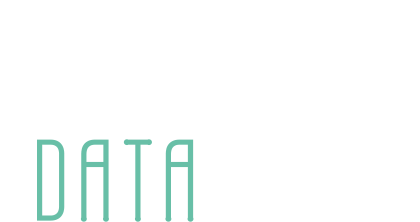THE DIGITISATION OF TOEIC AND TOEFL CERTIFICATES OF ACHIEVEMENT IN EUROPE, THANKS TO BLOCKCHAIN!
How can we fight against false language certifications? Or how to ensure that these assessment tests are compliant, tamper-proof and secure?
ETS Global, a subsidiary of ETS, is the official provider of the TOEIC and TOEFL tests in over 180 countries. The certification specialist chose BCdiploma, the reference company in the field of academic document digitization, to continue its digital transformation. To do so, blockchain technology was at the heart of these digital changes.
Traditionally, TOEIC results are sent by post, so a lot of time can be wasted if a letter is lost and the environmental impact is high. However, thanks to the blockchain, it is possible to have your results in PDF format or via a unique and unforgeable URL. The results are guaranteed by a QR code which allows free and direct verification.
Blockchain is the answer to all these questions. But what is this technology?
The architecture behind blockchain technology was first described in 1991 when researchers Stuart Haber and W. Scott Stornetta introduced a computer-based solution, allowing the time-stamping of digital documents.
The blockchain allows all the players in a network to reach a consensus without ever calling into question the trust, and therefore the roles granted to each of them. Thus, it allows the transmission of information in a transparent and secure manner and without a central control body. It can be used in three ways: for asset transfers, for better traceability of assets and products, and for the automatic execution of smart contractshttps://fr.wikipedia.org/wiki/Contrat_intelligent. This technological process is used in many sectors of activity, notably as a means of revolutionizing the way in which value is exchanged between individuals, but also in order to guarantee the veracity and integrity of stored data.
Thus, this blockchain process will make it possible to secure hundreds of thousands of certificates of language skills in Europe. It will also improve services, transparency and access to information for users.
This digitization can be seen as a digital revolution in the area of academic qualifications and blockchain is still in its infancy in education.
Thus, it is often thought that blockchain technology is still too complex, but this process is gradually making its way into our daily lives!
